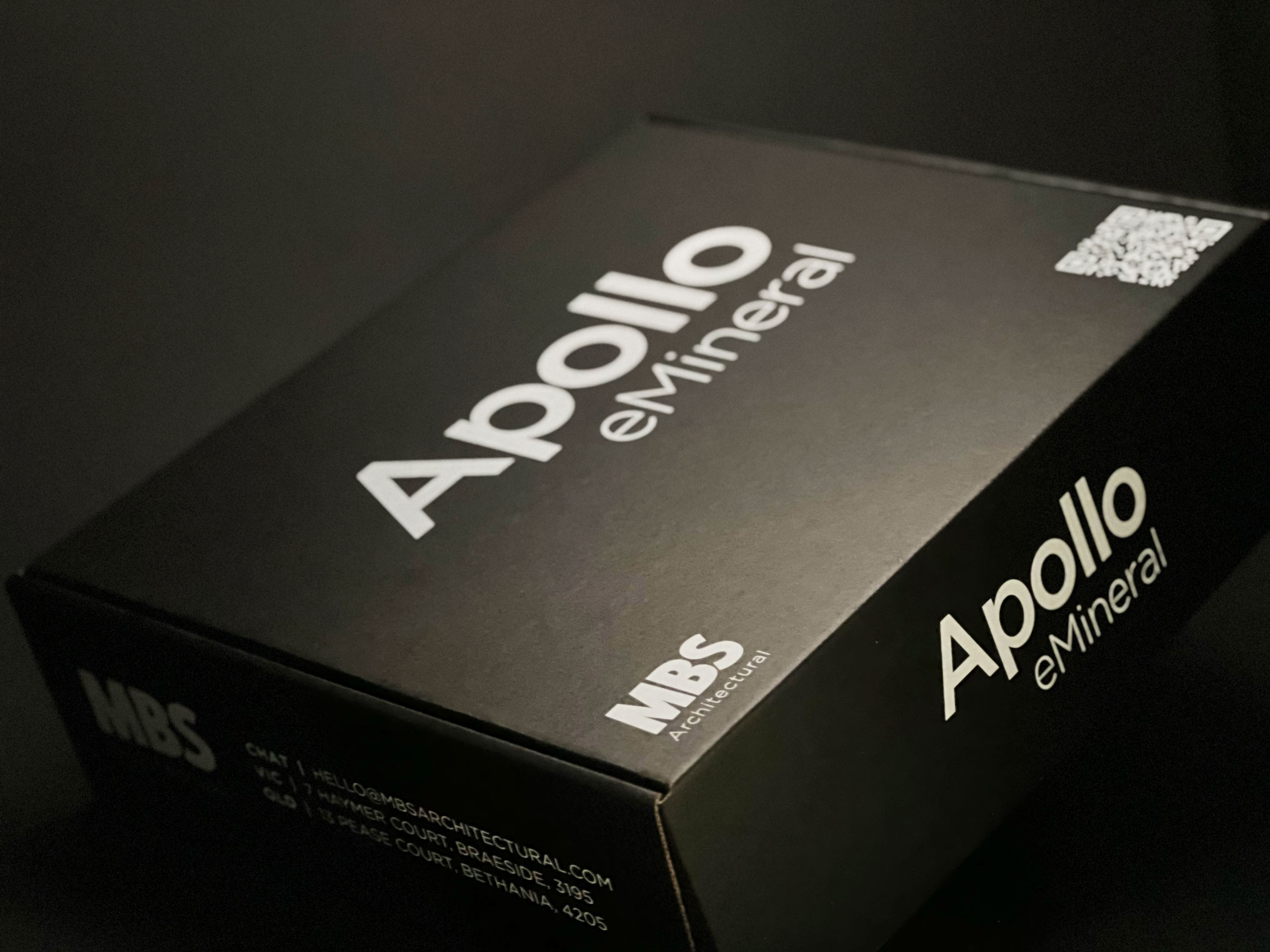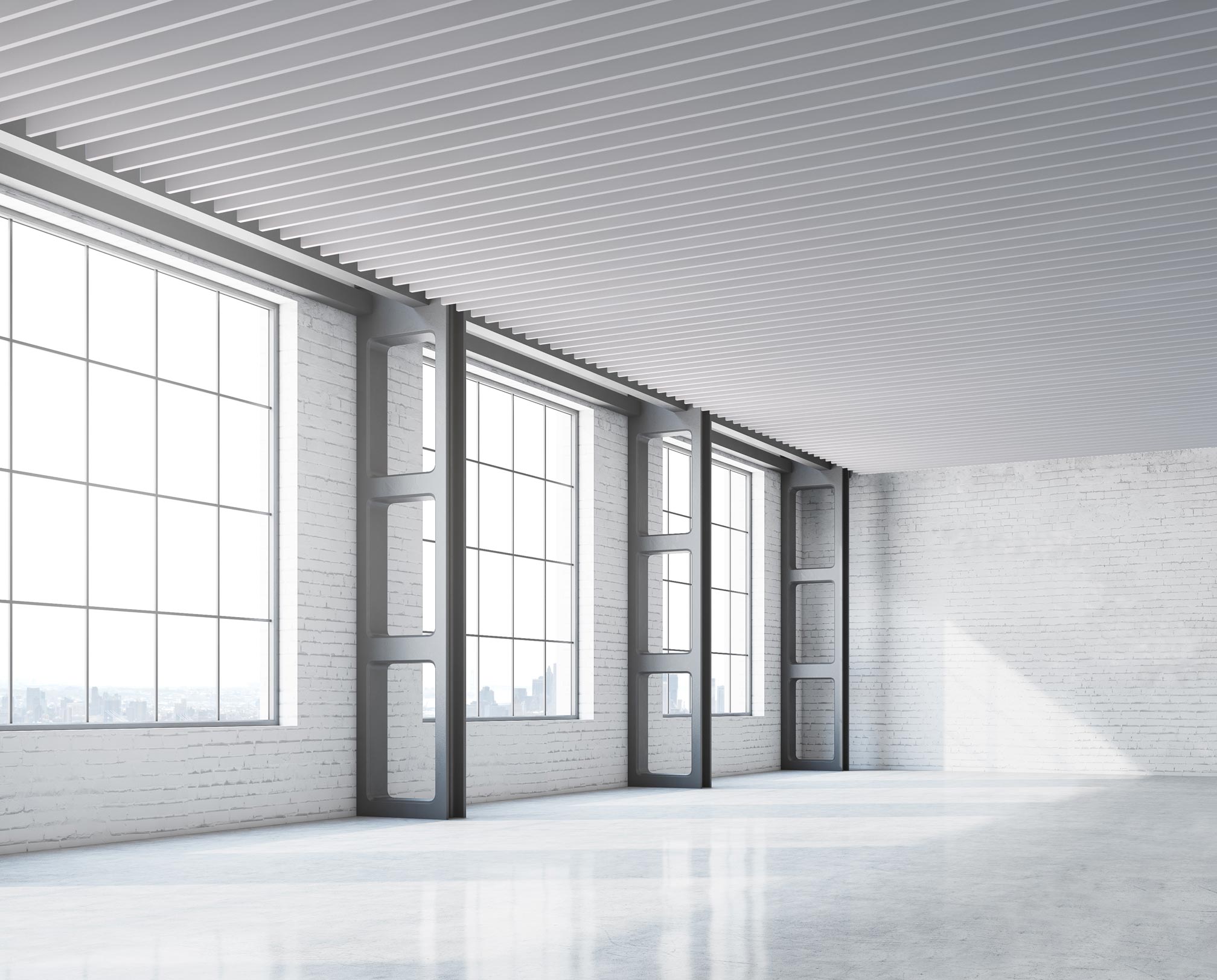
Expanded Mesh Ceilings - Creating a Sense of Movement
Expanded Mesh has recently become an incredibly popular choice for ceiling designs. The user’s view into the ceiling plenum opens and closes depending on their location within the environment, creating a visually striking and ‘dynamic’ ceiling through this sense of movement.
As Australia’s leading ceiling material supplier, we understand the importance of providing you with in-depth knowledge to aid in your creative designs and projects.
In this blog post, we will take you on a journey through the process of crafting Expanded Mesh, from the selection of raw materials to the intricate manufacturing techniques that result in stunning and versatile ceiling elements.
For assistance in documenting an Expanded Mesh ceiling or any other ceiling project, contact our design team who can offer project specific advice.
.png)
Why use an Expanded Mesh Ceiling System?
As a design tool, these ceilings offer a huge range of benefits, including -
· Expanded Mesh sheets can be incorporated into a number of versatile and customisable suspension systems to achieve a huge array of design intents.
· Expanded Mesh is available in multiple apertures, thicknesses, shapes and colours.
· You can mix and match mesh sizes and suspensions system to create something truly unique to your project.
· Expanded Metal ceilings create an Open Area percentage in the ceiling plane. This allows you to run several services above the line of the ceiling, letting them filter through to the user level below without sacrificing your design intent.
The Steps to Creating These Ceilings
1. Understanding the Raw Materials
The first step in manufacturing Expanded Mesh is carefully selecting the right raw material. High-quality metals, such as aluminium, galvanised steel and stainless steel are commonly used due to their durability and resistance to corrosion. Each material has unique strengths and weaknesses, so its always best to discuss your project with one of our expert consultants. Architects and Interior Designers must consider the specific properties of each metal to ensure the Expanded Mesh meets the desired design criteria and application requirements.
2. The Slitting Process
Once the appropriate metal has been chosen, it undergoes a slitting process. In this step, large metal sheets are precisely cut into narrower strips. The width of these strips determines the dimensions of your final Expanded Mesh sheet. Expanded Metal can be an incredibly fickle material to work with, and this process is crucial to achieving consistency and accuracy in the final product.
3. The Expansion Process
The expansion process is where the magic of Expanded Mesh is created. The metal strips are fed into a machine equipped with a series of knives and dies. As the metal strip passes through this machine, the knives move back and forth consistently, slicing the metal sheet in an alternating pattern. At this stage, we essentially have a large metal sheet with a series of thin consistent & alternating slots. These slots are then stretched to create the finished diamond (rhombus) shape that we widely recognise. The degree of expansion can be adjusted to achieve various open areas and textures in the final Expanded Mesh product.
4. Finishing Touches
After the expansion process, the Expanded Mesh goes through various finishing treatments. This includes cleaning to remove any residual debris, heat treatment to enhance the material’s properties, and surface coatings to improve aesthetics and protect against corrosion. These finishing touches ensure that the final Expanded Mesh sheet is of high quality and can withstand the conditions that it will be exposed to over it’s lifetime.
5. Customisation and Applications
Expanded Mesh offers Architects and Interior Designers a world of creative possibilities. On the appearance side, customisation options are essentially limitless, from choosing the type of raw metal used, the mesh size and aperture, the expanded mesh direction, the Open Area percentage and incorporating unique patterns and textures.
On the functionality and installation side, we can incorporate the finished Expanded Mesh sheet into a ceiling design in many ways. Traditionally in Australia, we have seen Expanded Mesh used in conjunction with an Exposed Two Way grid; here we would supply the Expanded Mesh as a ‘flat sheet’, to be laid into a suspended grid. While super easy to install, the end result is an exposed grid. In recent years, Mesh Designs have incorporated some form of concealed suspension systems. The Expanded Mesh sheet is welded into a proprietary frame that integrates with a concealed suspended grid.

Expanded Mesh is an incredibly versatile design choice for ceilings looking to be both functional and create a visual impact. From selecting raw materials to the expansion process and finishing touches, every step contributes to creating a product that seamlessly blends function and aesthetics.
Book a call with our architectural team today to get down into the detail. We are happy to chat through ideas, materiality and budget to find out how we can help you create the interiors you need. Simply drop us a note on hello@mbsarchitectural.com.au or call us on 03 9580 7800 to chat with our specification team.
Every material.one source.
Let's bring your project to life.










































